The Analysis:
Political Context in Latin America:
Latin America has witnessed politics characterized by polarization, dogmas, and partisan militancy. Milei's election represents a break from this paradigm, winning without advertising investment, predominantly supported by a non-partisan populace. This shift in the approach to politics resonates as a call for sanity and realism in political decision-making.
Impact of Milei: Keys to a Victory:
-
-
Ideas Without Dogmas: Milei stands out for his pragmatic approach and the absence of rigid ideological commitments, focusing his message on concrete solutions.
-
People's Support: Milei's victory reflects significant backing from the population, indicating a change in the traditional dynamics of political campaigns.
-
Speech Based on Absolute Reality, Data, Analysis, Proposals (Like it or not): Milei's discourse emphasizes facts, data, and proposals, regardless of personal preferences.
-
Civility, Replacing Militancy or Partisanship: Prioritizing civility over militant or partisan approaches marks a distinctive feature of Milei's leadership.
-
Distinguishing Between Liberalism and Libertarian Liberalism: A return to the values that made Argentina, the United States, England, and all free and prosperous nations great—beyond any ideology, an empirical, indisputable, and concrete fact.
-
Effective Proposals Disseminated on Social Media, Meetings, Debates, Talks, with Young People, vs. Traditional Party and Militant Activity.
-
Focus on Identifying the Causes of Poverty, Corruption, and Proposing Solutions.
-
Statism and Non-Statism: Articulating the difference between statism and non-statism.
-
Cultural Battle for Inner Peace.
-
-
Global Guests at the Inaugural Ceremony for an Assumption the World Watches with Great Hope:
-
Leaders from various parts of the world, such as Luis Lacalle Pou, Gabriel Boric, and Viktor Orbán, attended the ceremony, emphasizing the international relevance of this event. The presence of figures like Volodymyr Zelensky highlights global attention toward this new political direction.
List of Global Leaders at Javier Milei's Inauguration in Argentina:
-
-
Luis Lacalle Pou (Uruguay): The President of Uruguay participated in Javier Milei's inaugural ceremony in Buenos Aires, highlighting the importance of diplomatic relations between the two countries.
-
Gabriel Boric (Chile): Confirmed by the Minister of the Secretariat General of Government, Camila Vallejo, Boric attended the ceremony to strengthen diplomatic relations with Argentina.
-
Santiago Peña (Paraguay): The Paraguayan president was present at the handover of power, accepting Javier Milei's invitation to attend the ceremony.
-
Daniel Noboa (Ecuador): The recently elected president of Ecuador, Daniel Noboa, also joined the leaders present at Milei's inauguration.
-
Viktor Orbán (Hungary): Orbán confirmed his participation via Twitter, expressing his desire to work with Milei and congratulating him on his victory.
-
Volodymyr Zelensky (Ukraine): The Ukrainian president attended the ceremony, marking his first visit to Latin America since taking office.
-
Renato Florentino Pineda (Honduras): The Vice President of Honduras represented President Xiomara Castro at Javier Milei's inauguration.
-
King Felipe VI (Spain): The presence of the Spanish monarch was confirmed by the Télam news agency, citing the Zarzuela Palace.
-
Jair Bolsonaro (Brazil): Although not in the presidency, the former president of Brazil celebrated Milei's victory, and his son, Deputy Eduardo Bolsonaro, traveled to Argentina to accompany the first electoral round.
-
Volodímir Zelensky (Ukraine): In addition to his presence, Zelensky shared his trip to Argentina through his X account (formerly Twitter).
-
Renato Florentino Pineda (Honduras): The Vice President of Honduras traveled to Buenos Aires on behalf of President Xiomara Castro.
-
Santiago Abascal (Spain): Invited to the ceremony, VOX president Santiago Abascal.
-
Joe Biden (United States): While the U.S. president did not attend personally, he sent the Secretary of Energy as his representative for the event.
-
Luiz Inácio Lula da Silva (Brazil): Although confirming his absence, the former Brazilian president decided not to be present at Milei's inauguration and sent Chancellor Mauro Vieira as a representative.
-
Nayib Bukele (El Salvador): The President of El Salvador did not attend, and instead, his Minister of Justice and Public Security, Héctor Villatoro, represented the country at the ceremony.
-
-
This diverse international presence highlights the global relevance of Javier Milei's assumption and signals significant attention toward the new political approach in Argentina.
Challenges and Future Opportunities:
Milei's administration will face significant challenges but also presents opportunities to redefine politics in the region. The real, concrete diagnosis (whether liked or not, the management of Alberto Fernández and Cristina Fernández de Kirchner's government has been clearly very poor for Argentina, but the country's problem dates back over 100 years of drastic decline, aggravated 75 years ago and even more so in the last 50 years).
His focus on economic freedom and reducing state intervention offers a clearly planned solution for the future economic development of Argentina and its impact on Latin America.
The passage of many years of exaggeration in ideologies implies that many dissenters today need to face the reality that for the country to improve, they must accept and contribute to these new concrete solutions.
This is perhaps the most drastic fact that Latin America has to face—acceptance and transformation. The fact that many political ideologies, evidently, must stop being promoted is key for society, the economy, peace, and progress to have sustained development.
It is no longer a question, no longer a hypothesis; it is a fact. Many dogmas and militant (partisan) beliefs of more than a century throughout Latin America must be let go and transformed. The altruism of society is crucial to take this step.
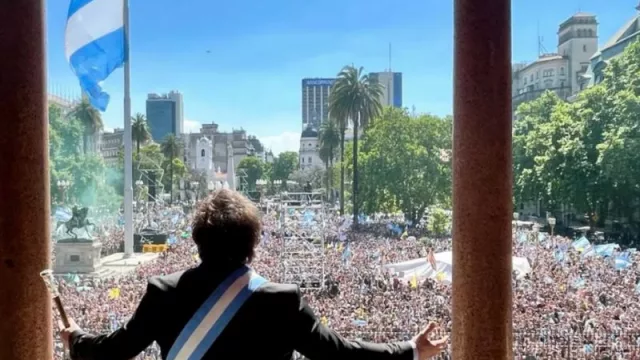

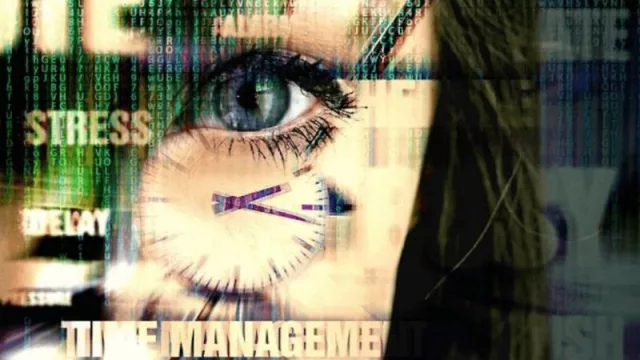
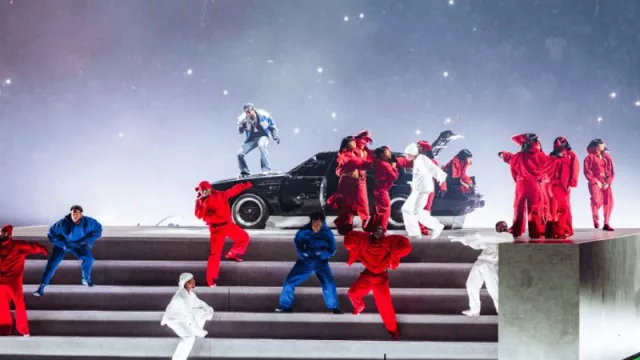
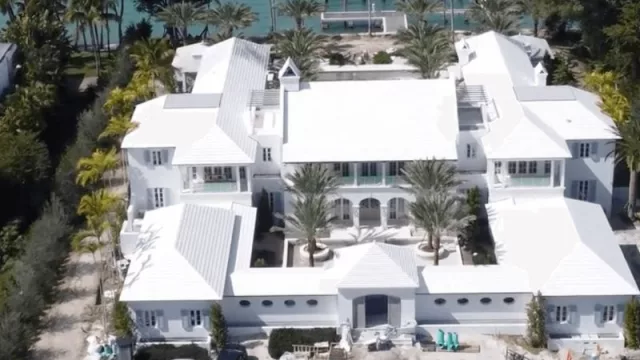





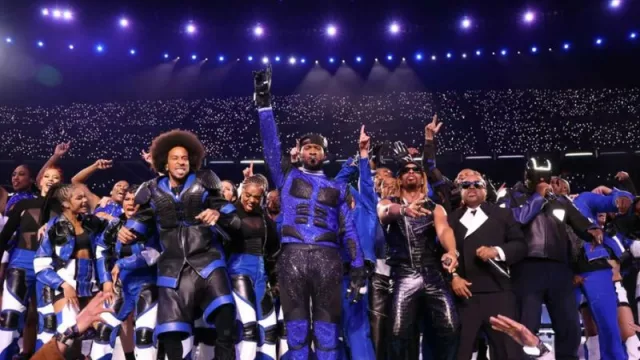

Tu opinión enriquece este artículo: